For the purpose of this project, the operational principles of conflict early warning are defined as: delivering the right information; at the right time; to the right stakeholders; in the right format; for the right action (Palihapitiya 2018). This can mean the collection of data on an impending or unfolding atrocity, relaying that information to civil society, law enforcement, and other key actors to inform timely interventions that prevent the atrocity from occurring at all or mitigating its effects mid or downstream.
Documents
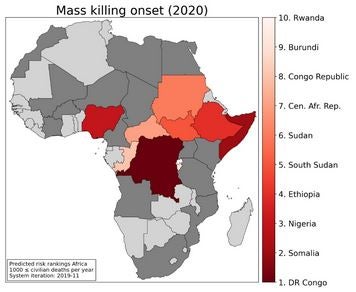
A Review and Comparison of Conflict Early Warning Systems
Rod E et al. 2023 | Comparative analysis of early warning systems considering parameters, forecasting capabilities, transparency, and accessibility.
View document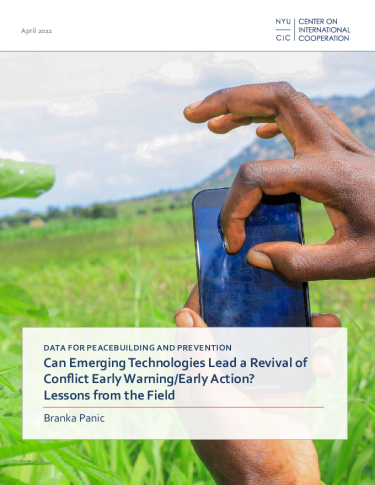
Can Emerging Technologies Lead a Revival of Conflict Early Warning/Early Action? Lessons From the Field
Panic B, 2022 | Emerging technologies are accelerating changes in conflict early warning and early action. This article discusses several novel technologies and methodologies while also considering how global circumstances are affecting conflict early warning.
View document
Digital Peacebuilder's Guide
Search for Common Ground and Build Up developed a toolkit that demonstrates the value of digital peacebuilding and provides resources to encourage the uptake of various digital solutions for peacebuilding.
View document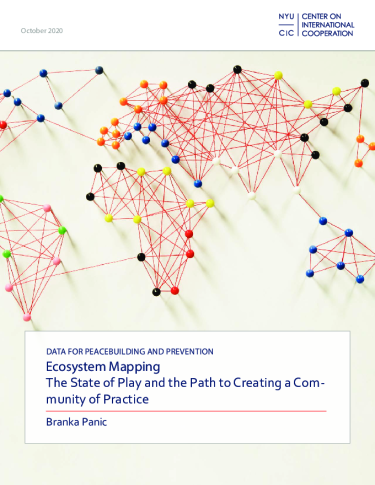
Ecosystem Mapping: The State of Play and the Path to Creating a Community of Practice
Panic B, 2020 | A growing ecosystem of organizations is incorporating advanced analytical methodologies to advance peacebuilding. This research documents trends and advances in technologies and methods used by organizations to support their efforts in peacebuilding, human rights protection, and more.
View document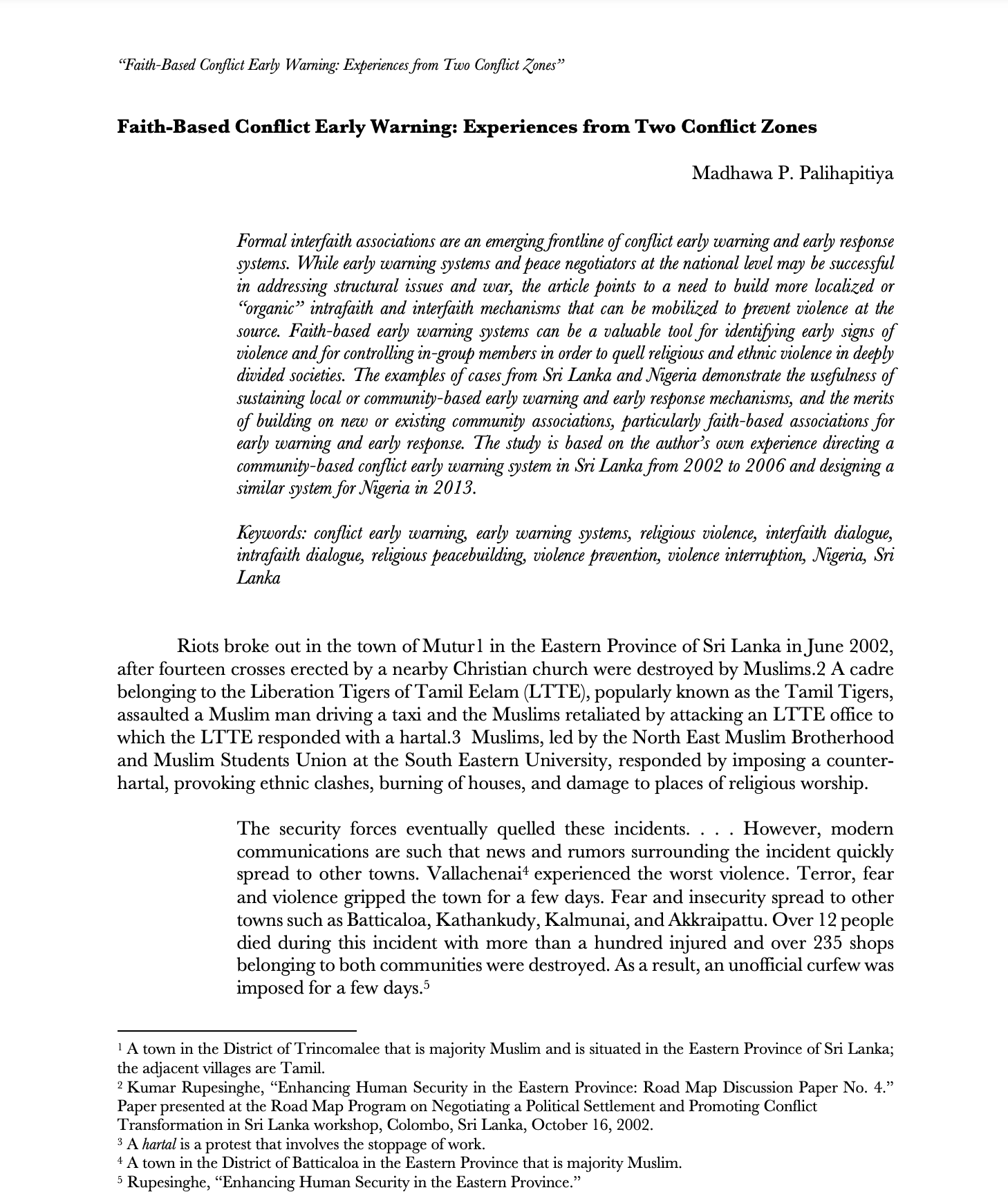
Faith-Based Conflict Early Warning: Experiences From Two Conflict Zones
Palihapitiya M, 2018 | Examining how Faith-based early warning systems can help identify early signs of violence and for controlling in-group members in order to quell religious and ethnic violence in deeply divided societies.
View document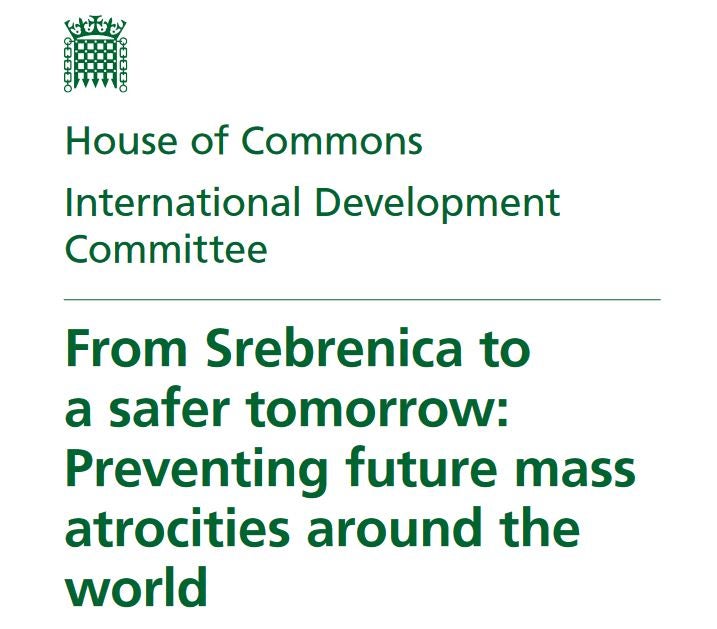
From Srebrenica to a Safer Tomorrow: Preventing Future Mass Atrocities Around the World
The United Kingdom’s strategy for addressing atrocity risk.
View document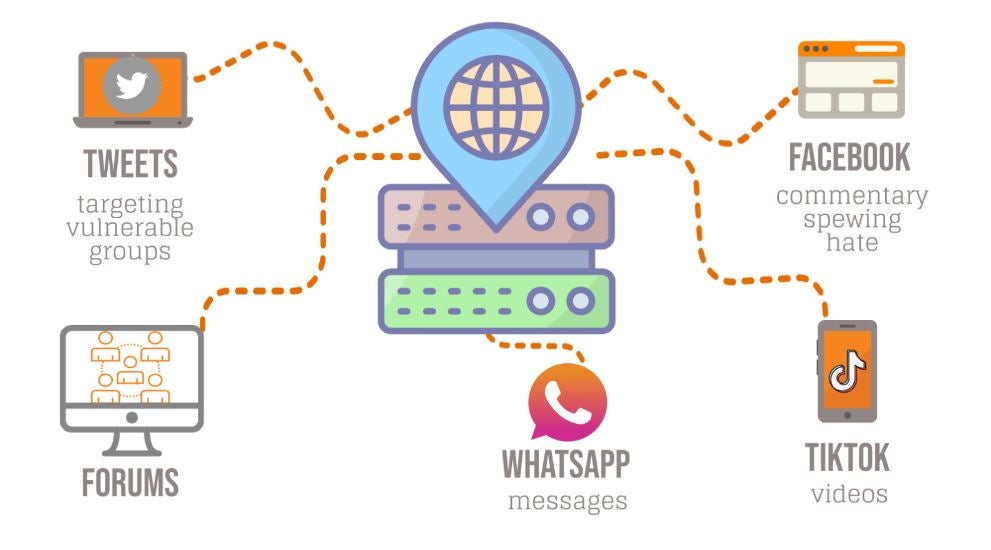
Hateful Places: Punjab, the Epicentre of Hate Speech in Pakistan - A Geospatial Analysis of Twitter Conversations
Baloch H, 2022 | Social media analysis of religious hate speech across major cities in Pakistan.
View document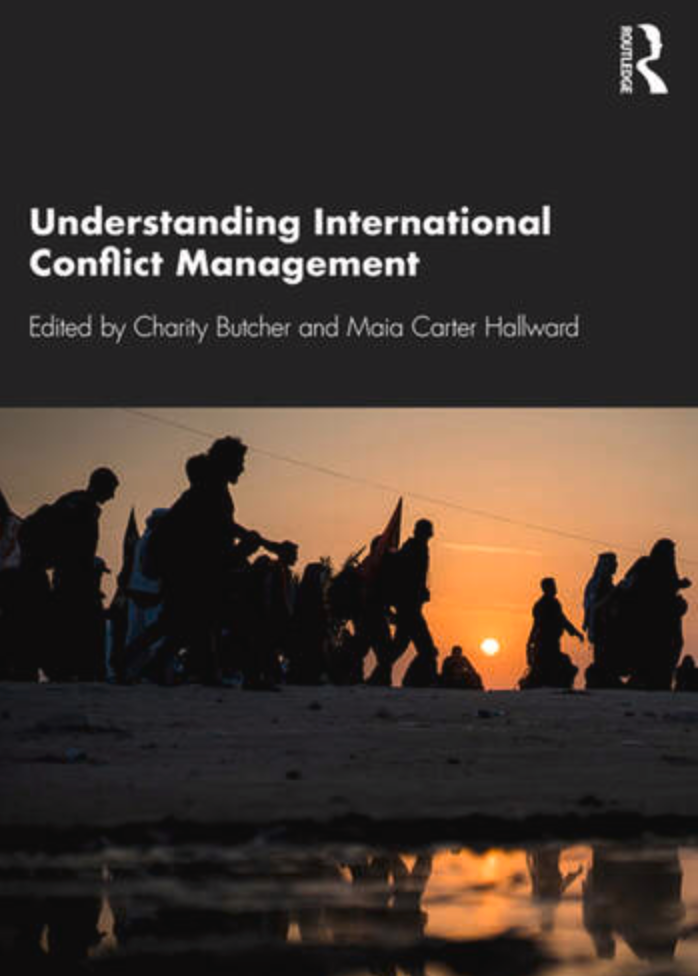
Information and Communication Technologies for Peace
Palihapitiya M et al., 2019 | An analysis of ICTs like digital technologies to track events conflict, counteracting rumors, and tracking patterns in big data for early warnings of disruption.
View document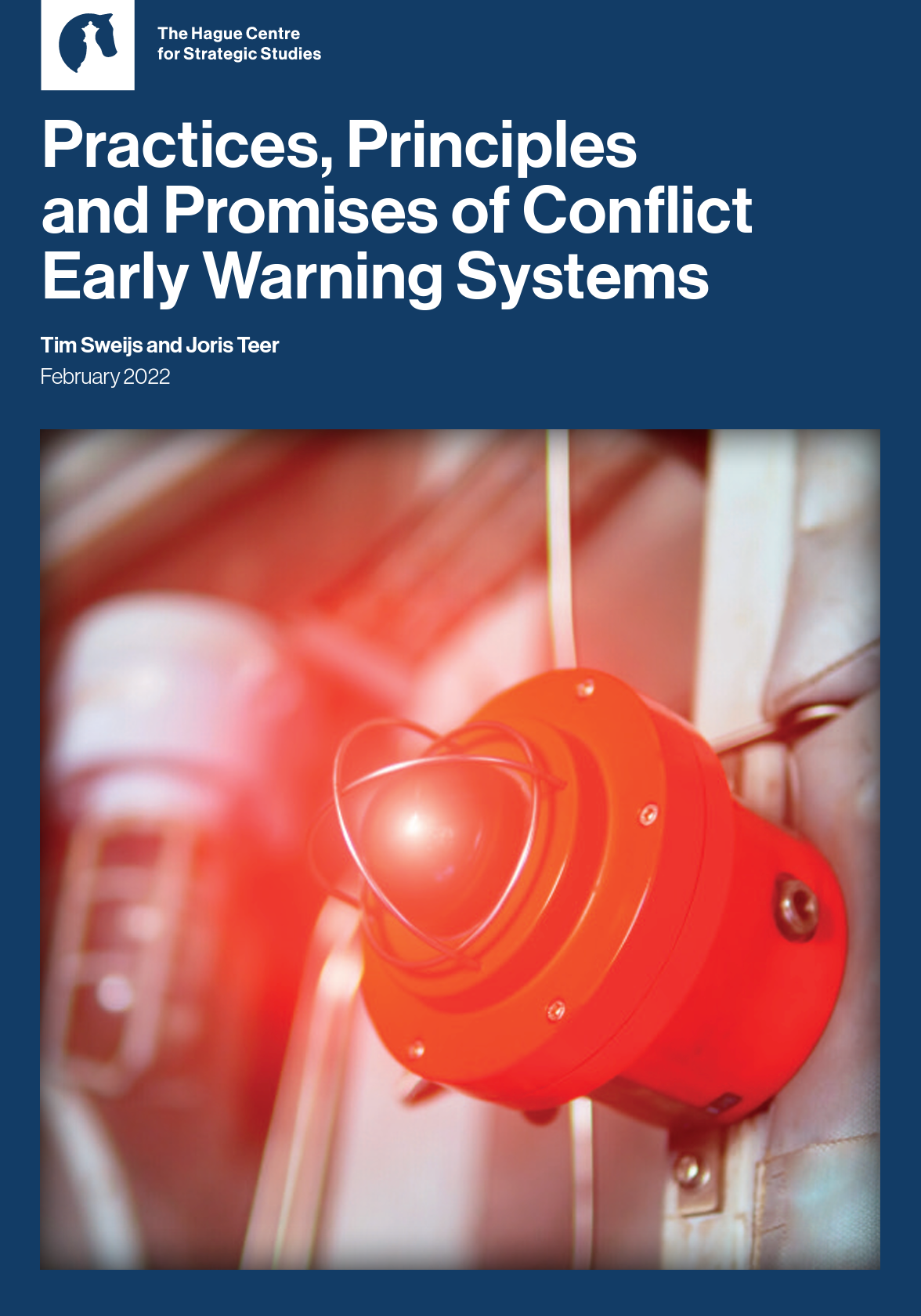
Practices, Principles, and Promises of Conflict Early Warning Systems
Sweijs T and Teer J, 2022 | This report highlights essential components of an early warning system, based on a thorough examination of 11 existing early warning systems.
View document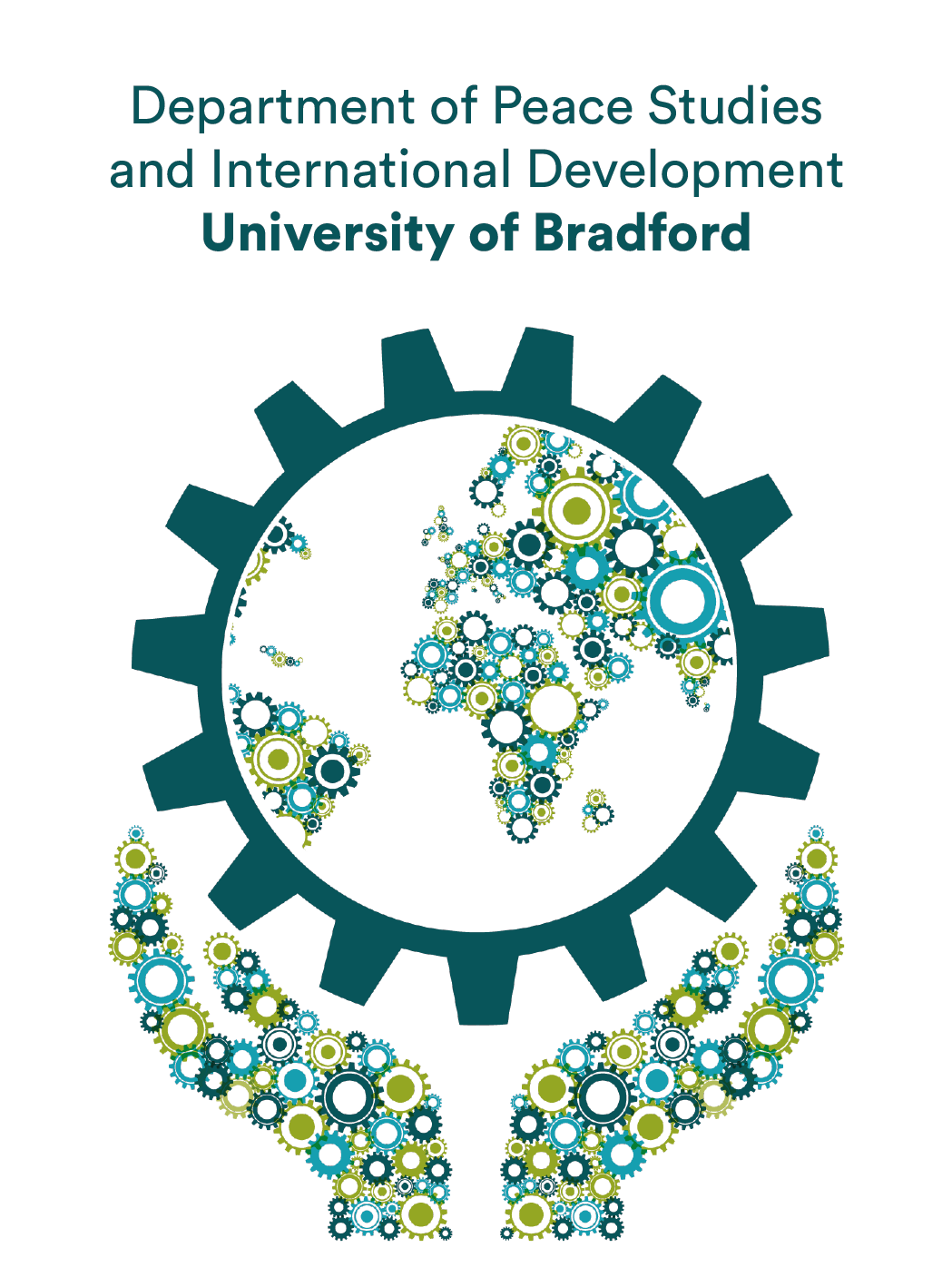
Reflections on the Evolution of Conflict Early Warning
Muggah R and Whitlock M, 2022 | This article describes the evolution of early warning systems over the last 40 years, discussing tremendous progress and limitations.
View document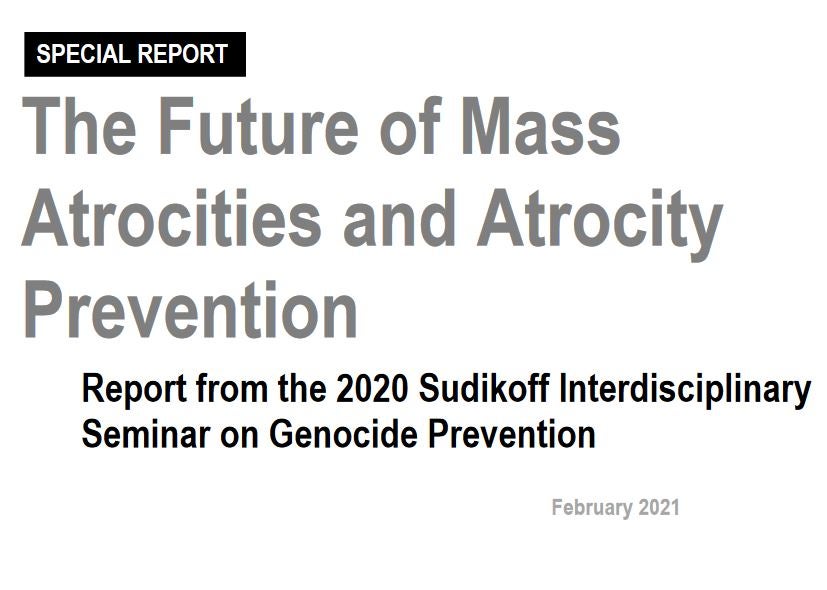
The Future of Mass Atrocities and Atrocity Prevention
Compilation of expert perspectives on how mass atrocities and mass atrocity prevention efforts may evolve over the next decade
View document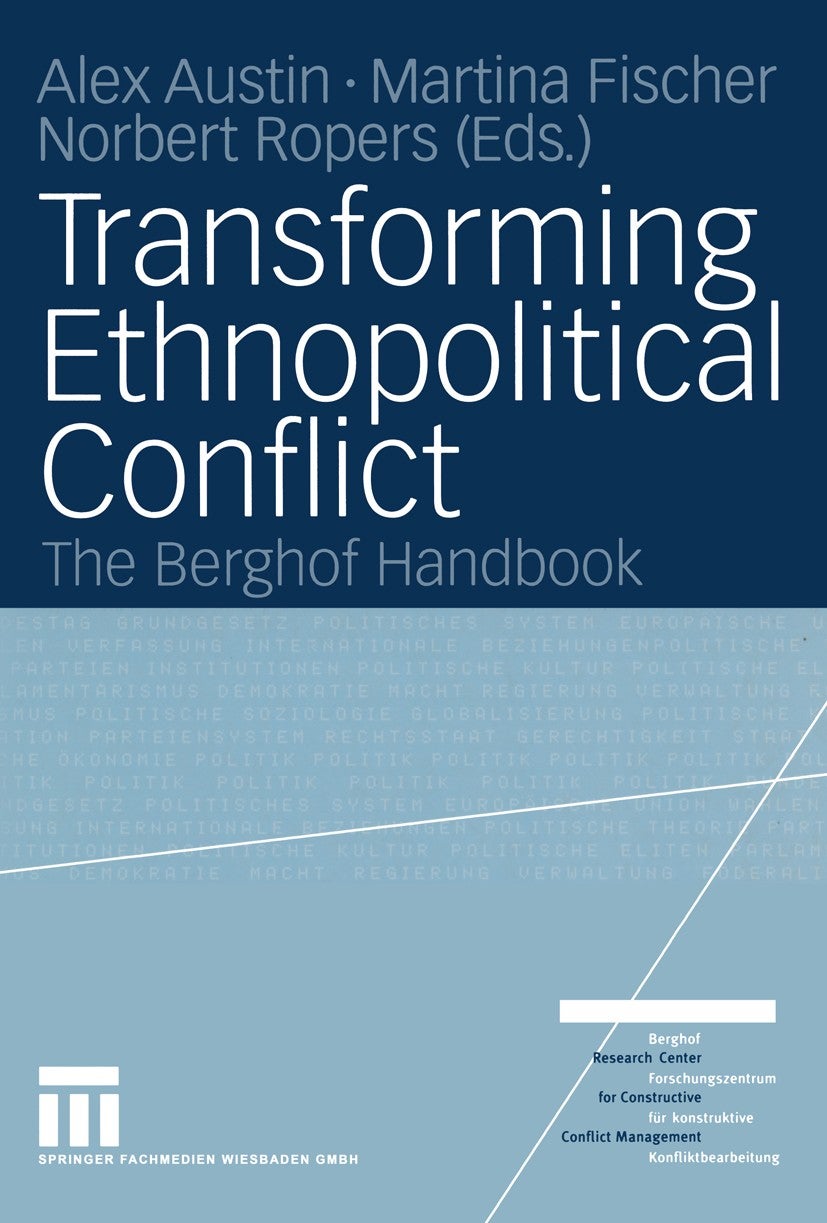
Transforming Ethnopolitical Conflict: The Berghof Handbook
Austin A et al., 2004 | The Berghof Handbook offers practitioners and scholars a systematic overview of the state-of-the-art conflict transformation processes.
View documentWebinars, lectures, and courses
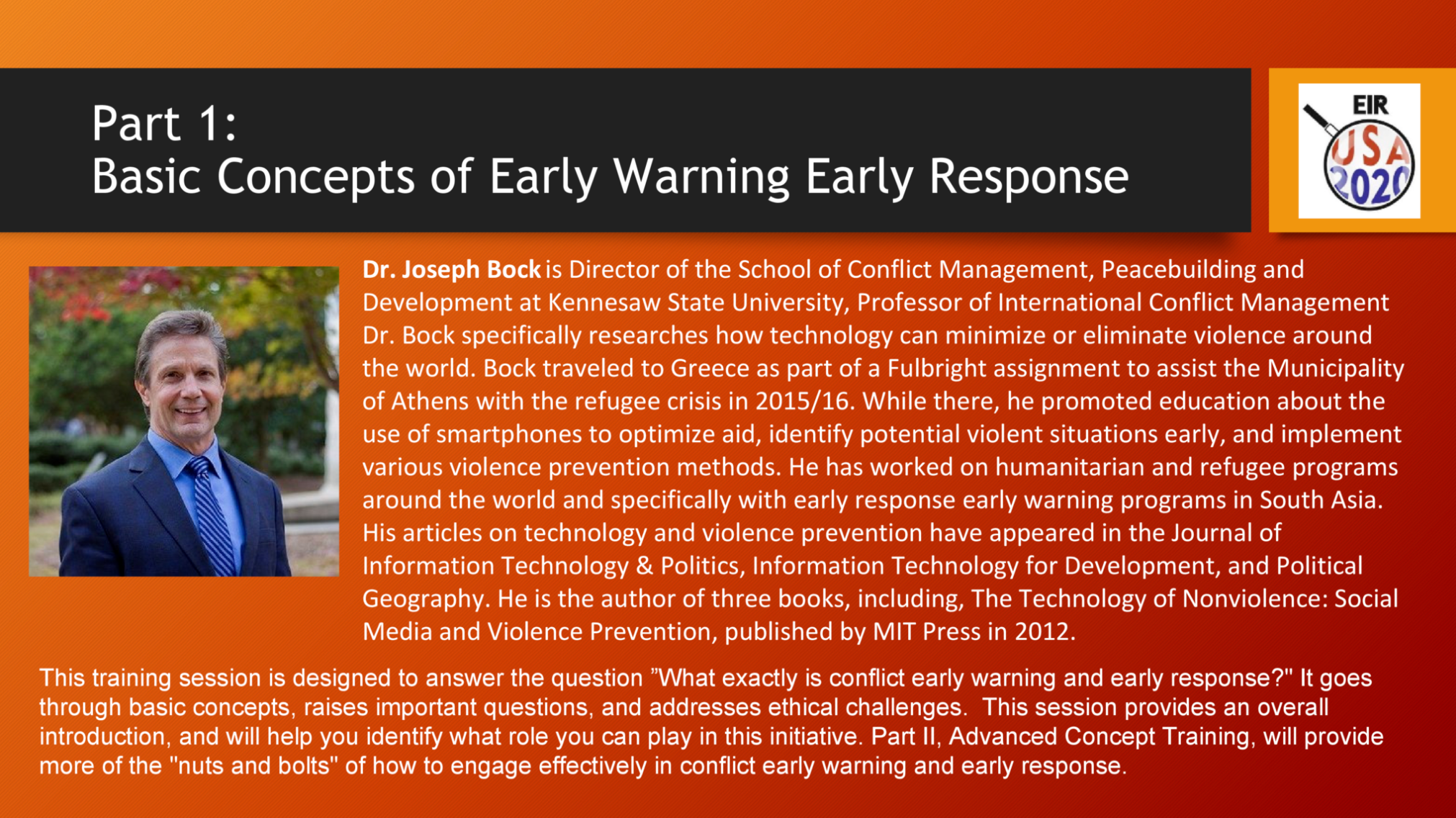
Basic Concepts of Early Warning Early Response
Learn some of the higher-level concepts of conflict EWEA here.
View recording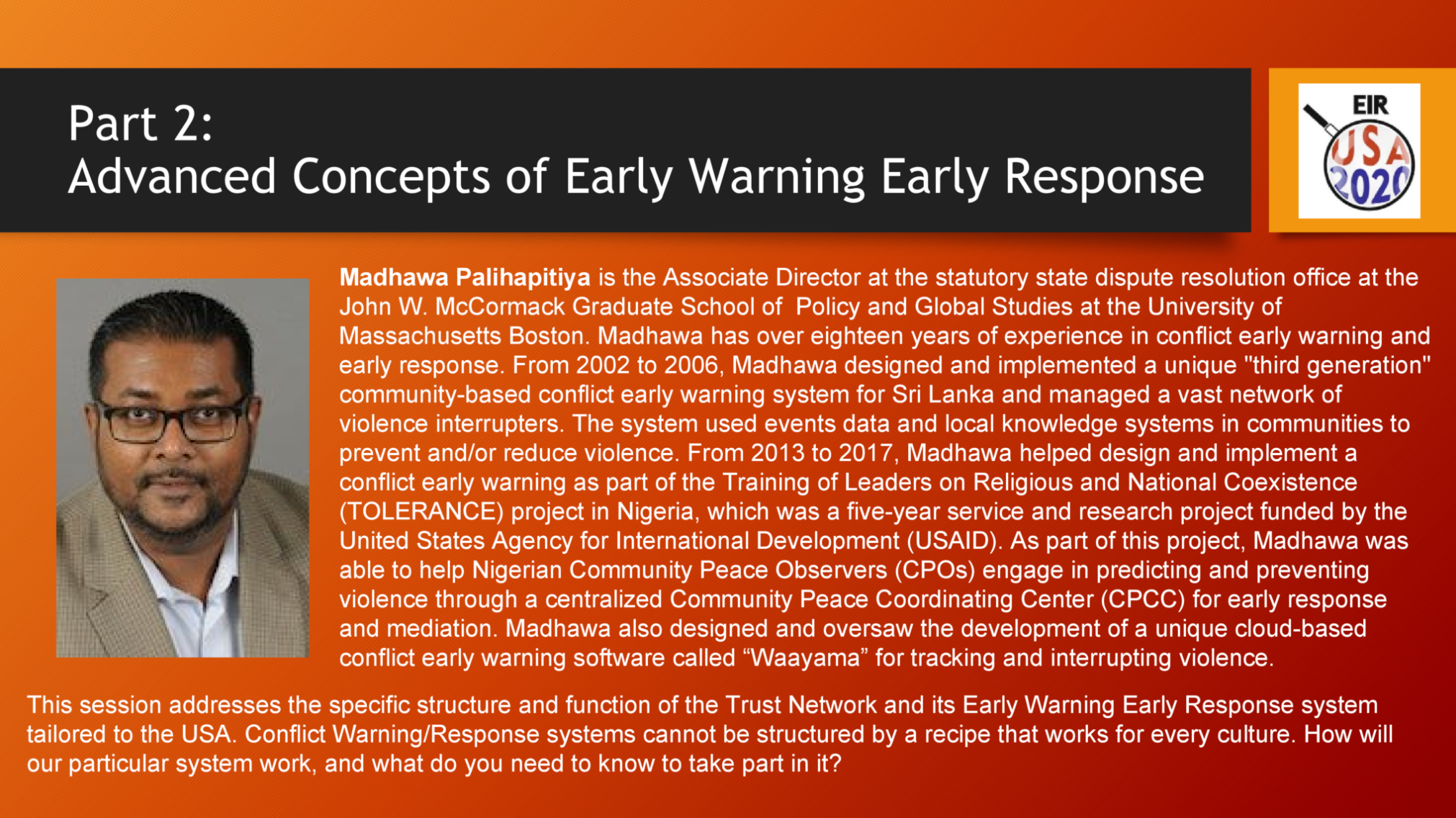
Advanced Concepts of Early Warning Early Response
Understanding the taxonomy of key EWEA concepts for atrocities prevention.
View recording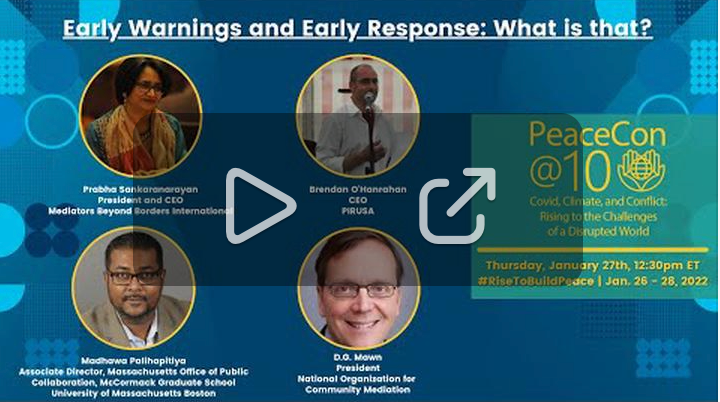
Early Warning and Early Response: What is that?
Learn how to harness the potential of existing capacities for peace while fueling them with early warning information.
View recording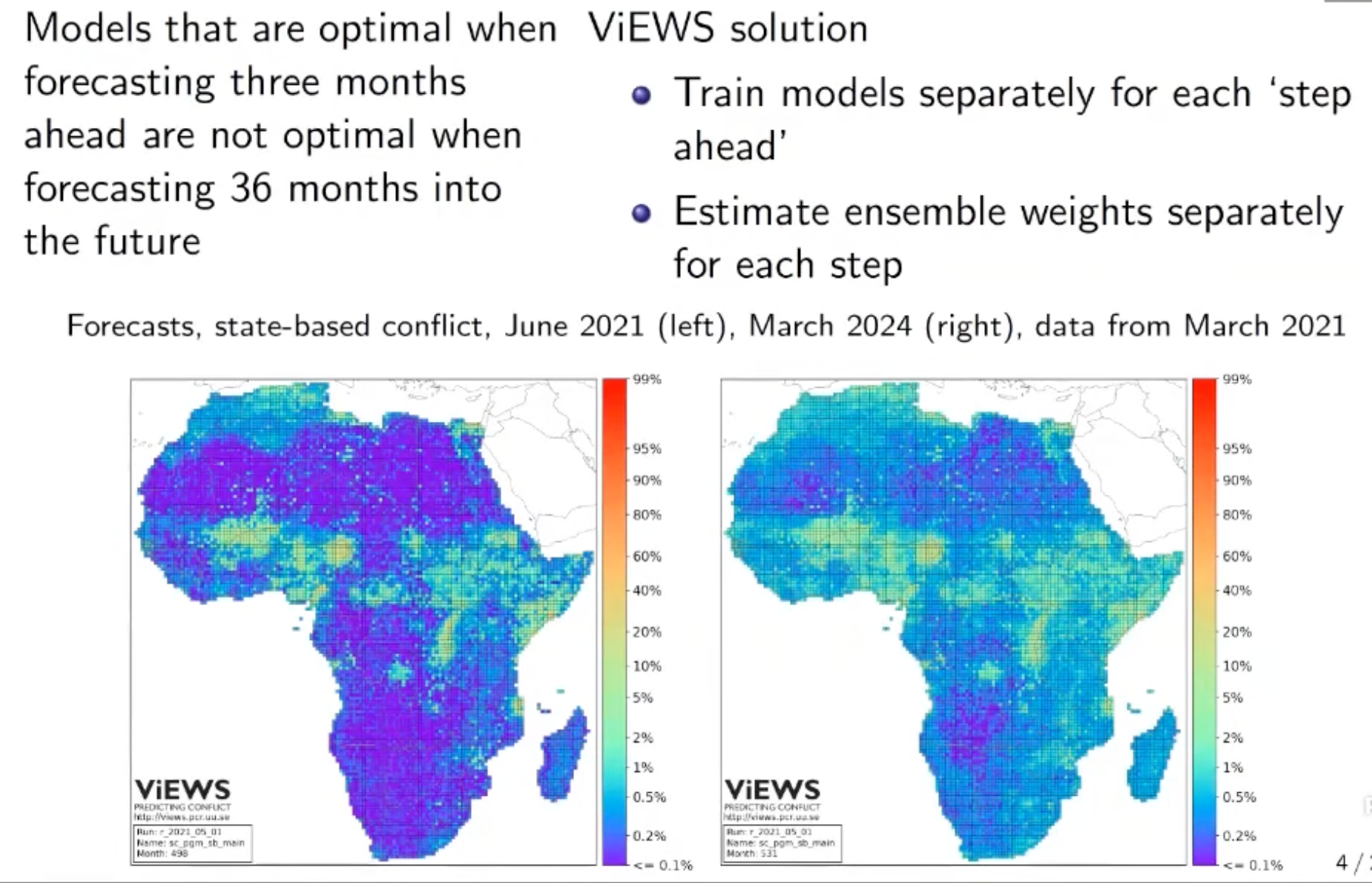
Emerging Best Practices for Predictive Model Development & Use
Recent research in the forecasting of conflict from the availability of refined data, new theoretical insight, as well as progress in computational techniques, paving the way for new innovations in data-driven conflict forecasting.
View recording